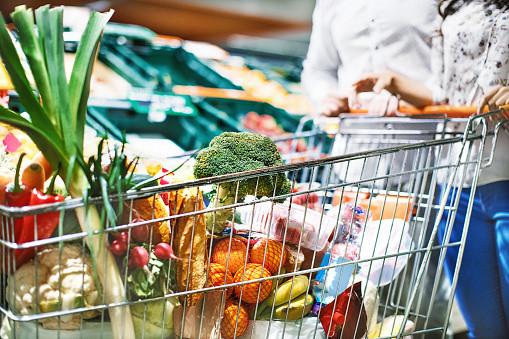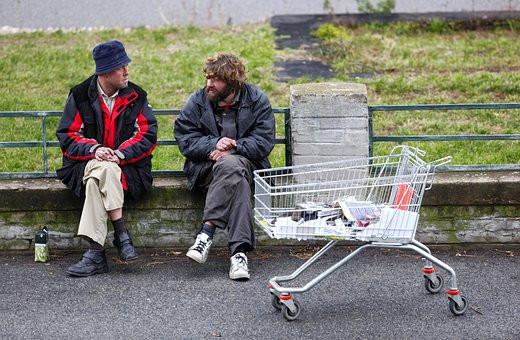Explore the World's Best Ideas
Join today and uncover 100+ curated journeys from 50+ topics. Unlock access to our mobile app with extensive features.
Shopping carts was not an immediate success
Shopping carts helped usher in mass consumption and enabled grocery stores and brands to expand their products. Customers didn't have to worry about how they would get the goods to their car. Carts also spurred the rise of impulse buying.
But early on, customers were wary of the carts. Women did not want to push carts in stores, saying they had pushed enough baby buggies around. Men thought the carts would make them look weak.
3
37 reads
The arrival of supermarkets
The adoption of shopping carts came just as supermarkets came onto the scene in America. In the ensuing decades, more Americans started driving and larger supermarkets with parking lots started opening in suburbs.
Yet, shoppers still carried baskets and were unlikely to stock up. In the early 1900s, a grocery chain in Texas offered carts, but it didn't gain traction as baskets were considered aristocratic. Pushing a cart around was a kind of embarrassment.
3
29 reads
The evolution of the shopping cart
In 1936, Samuel Goldman came up with an idea for a rolling cart. He noticed customers would stop shopping once their basket became too heavy. He attached wheels to a folding chair and put a basket on top.
But few shoppers took to the carts. To convince customers, Goldman hired people to walk around the store with shopping carts and fill them up. Customers eventually started following the example.
5
28 reads
The shopping cart's design and function
In 1946, Orla Watson patented the "telescope cart" allowing them to slide together in horizontal stacks to solve the storage dilemma. Seatbelts were added to the child seats in the 1960s.
However, carts were often abandoned in back alleys, rivers, and forests, leading lawmakers to impose regulations and fines on businesses that didn't keep track of their trolleys.
Carts also became a symbol of urban blight and poverty, often used by homeless people to store and transport their belongings.
3
27 reads
IDEAS CURATED BY
Valentina Y.'s ideas are part of this journey:
Learn more about history with this collection
Leonardo da Vinci's creative process
How to approach problem-solving like da Vinci
The importance of curiosity and observation
Related collections
Similar ideas
4 ideas
The Case for the Supermarket Supershopper
tastecooking.com
5 ideas
How shops use psychology to influence your buying decisions
theconversation.com
5 ideas
Read & Learn
20x Faster
without
deepstash
with
deepstash
with
deepstash
Personalized microlearning
—
100+ Learning Journeys
—
Access to 200,000+ ideas
—
Access to the mobile app
—
Unlimited idea saving
—
—
Unlimited history
—
—
Unlimited listening to ideas
—
—
Downloading & offline access
—
—
Supercharge your mind with one idea per day
Enter your email and spend 1 minute every day to learn something new.
I agree to receive email updates




